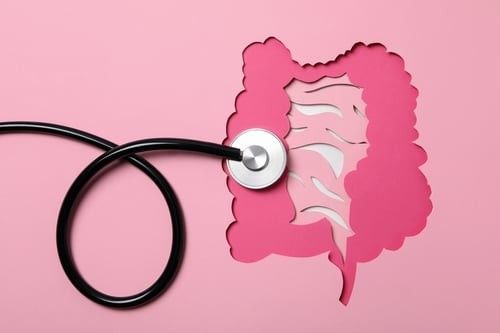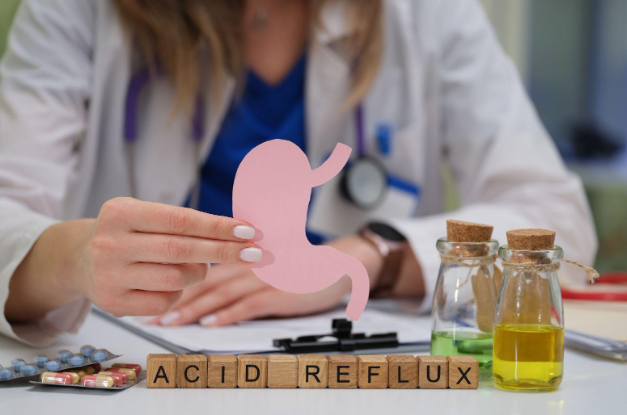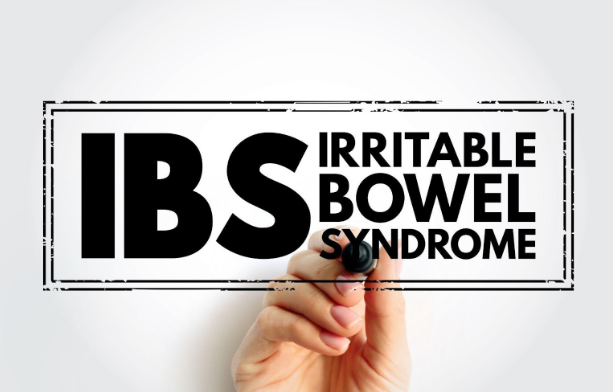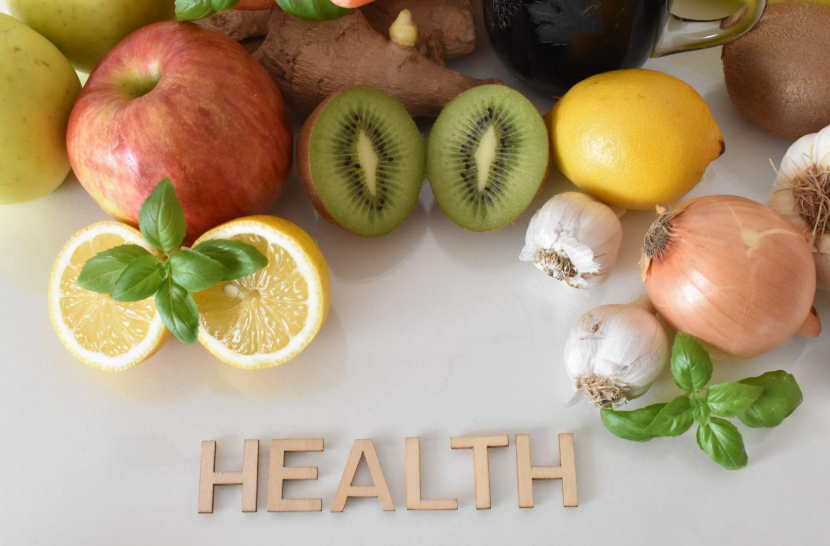WHAT YOU NEED TO KNOW ABOUT THE GASTRIC MUCOSA
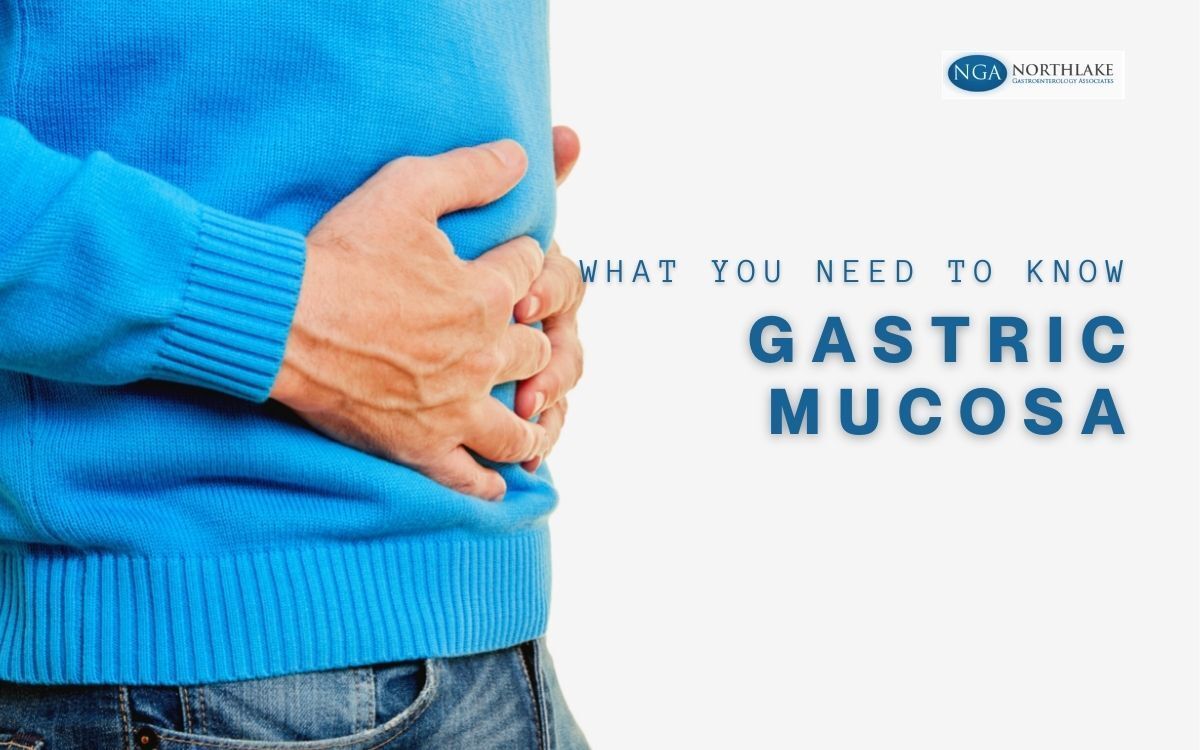
The stomach is the widest part of the digestive system and allows the body to not only digest, but also store food. In fact, without the stomach, people would likely have to eat near constantly to function. Of all the parts of the stomach, one important section is the gastric mucosa.
Keep reading to learn more about the gastric mucosa and its role in the body.
What Is the Gastric Mucosa?
The gastric mucosa is a layer of mucous membrane found in the stomach. This lining is found on the inner surface of the stomach, along with the glands and gastric pits. It is always covered in a layer of thick mucus secreted by columnar epithelial and glandular cells. Apart from these, a primary source of secretion is from the foveolar cells, which are found in the necks of the gastric pits.
Contrary to popular belief, the stomach doesn’t actually help with the absorption of nutrients. Instead, it works to facilitate the formation of chyme and synthesizes proteins to help with nutrient absorption, among other functions. The physiological function of the stomach is therefore to create an environment where the ingested food can be acted upon by enzymes and acids—which is a key function of the gastric mucosa.
Functions of the Gastric Mucosa
The gastric mucosa serves two primary purposes: to lubricate the food masses in the stomach and facilitate movement within the stomach, and to create a protective barrier to protect the stomach wall from acid and digestive enzymes. Essentially, the gastric mucosa is vital in the creation of chyme, while its barrier function protects the stomach from digesting itself.
The gastric juice secreted by the stomach contains hydrochloric acid, which is extremely corrosive. However, in the stomach, it only works to kill any ingested bacteria, soften food items, and promote the formation of pepsin (a digestive enzyme that breaks down proteins). This is due to an extremely complex mix of physical and chemical processes that occur simultaneously—making the gastric mucosal barrier crucial for digestive function.
Five interrelated components constitute the functioning of the gastric mucosal barrier:
- Gastric Epithelial Cells
Gastric epithelial cells use hydrogen ions to form a barrier against penetration from the contents of the stomach. The cells are hydrophobic, acid-repelling, and secrete mucus.
2. Gastric Mucosal Blood Flow
Gastric mucosal blood flow is responsible for the functioning of the gastric mucosal defenses. It is achieved through a unique vascular supply that allows for mucosal oxygenation and bicarbonate delivery. Bicarbonate neutralizes any hydrogen ions that may enter the mucosal surface, maintaining the pH level at around 7.2.
3. Gastric Mucus
Gastric mucus is primarily secreted by mucus neck cells and forms a protective layer over the surface mucosa that helps trap the bicarbonate in the surface while lubricating the stomach lining.
4. Mucosal Prostaglandins and Cytoprotection
Cytoprotection refers to the ability of certain substances in the body to maintain structural integrity even when facing damage. Prostaglandins are some of the best-known cytoprotectants since they help reduce or eliminate hemorrhagic damage.
5. Epithelial Cell Basal Membrane
The basal membrane is the final defensive barrier and is extremely important for the repair of the mucosa, in a process known as restitution—where the epithelial cells migrate to the damaged area and fuse to create a new barrier.
What Damages the Gastric Mucosa?
The epithelial cells of the gastric mucosa provide a strong barrier against penetration to protect the stomach against its own secreted acids and pepsin. However, the gastric mucosa can very easily be exposed to trauma due to focal destruction of the mucosal barrier. This can happen due to a variety of reasons apart from the intragastric process—smoking, drinking alcohol, nonsteroidal anti-inflammatory drugs (NSAIDs), chronic infections, inflammatory disorders, and more.
In addition, there are several diseases that cause pathological or inflammatory barrier disruption. Virtually every gastric disease results in a breach of the gastric mucosa barrier, but it can also be caused by stress, brain, and spinal cord injury, hypotension, sepsis, liver disease, malnutrition, and more.
Most instances of barrier damage due to a non-gastric disease can be attributed to a decrease in gastric mucosal blood flow, which is the backbone of the gastric mucosal defense mechanisms. This decrease will increase the concentration of hydrogen ions, which will subsequently result in tissue damage.
Most critically ill patients will experience some level of gastric erosion or ulceration, which results in some degree of gastric mucosal damage. It is more of a hidden injury that could potentially become dangerous if left untreated.
In healthy individuals, the gastric mucosa always provides a thick mucus layer to prevent the stomach from auto-digestion. However, any breaching of the mucus layer can lead to peptic ulcers in the area where the barrier is damaged.
Gastric Mucosa and Ulcers
Also called stomach ulcers, peptic ulcers are a break in the mucosal lining of the stomach that results in an open sore and causes a burning pain sensation. When the mucosal layer is breached, the epithelial cells will be exposed to concentrated stomach acids and other digestive enzymes in the gastric juice. Since the stomach wall is made up of the same proteins as in the food we eat, a broken mucosal barrier will result in the stomach starting to digest itself, causing a peptic ulcer.
There are two types of peptic ulcers: gastric ulcers and duodenal ulcers. Gastric ulcers occur on the inside of your stomach, while duodenal ulcers occur on the inside of the upper portion of your small intestine (duodenum).
The gastric mucosa can be damaged in a variety of ways, but the most common cause is infection by a bacterium called Helicobacter pylori, which affects around 30 to 40% of the American population. H.pylori doesn’t usually cause any symptoms by itself, but it can break down the gastric barrier on the inside of the stomach. The second most common etiology causing gastric ulcers is long-term usage of NSAIDs, like aspirin and ibuprofen.
Apart from burning stomach pain, peptic ulcers can also cause bloating, heartburn, nausea, and an intolerance to fatty foods. While spicy foods do not cause peptic ulcers, they can make the symptoms worse. Peptic ulcers also require treatment, without which they will become worse. Treatment can include medication to reduce stomach acids or antibiotics to fight the infection. In more severe situations, surgery may be necessary.
Does the Gastric Mucosa Help Prevent Ulcers?
The gastric mucosa is the body’s natural defense mechanism to protect the stomach from the harmful acidic environment created by the digestive process. Although ulcers are caused by alterations or disruptions in these defenses, a healthy gastric mucosa can greatly decrease the chances of erosion or ulcerations in the stomach.
The mucosa is also capable of repairing or minimizing the damage it faces through restitution. Additionally, reducing or managing known factors of damage like smoking, ischemia (restricted blood flow), NSAIDs, alcohol, hypoxia (reduced oxygen supply), and more can help prevent ulcers.
Ectopic Gastric Mucosa
The term ectopic refers to something that occurs in an abnormal manner or position in the body. Ectopic gastric mucosa is an asymptomatic benign lesion usually found in the upper esophagus, but it can also simulate a more serious lesion.
Ectopic gastric mucosa is also referred to as inlet patch and resembles oval, salmon-pink patches in the upper esophagus. It can occur as one or multiple patches and is frequently overlooked on routine endoscopic examinations, due to the difficulty in viewing the upper esophagus, as well as its asymptomatic nature.
Although most people with ectopic gastric mucosa don’t experience any symptoms, some experience complications stemming from it, which causes its own symptoms. In some cases, the ectopic gastric mucosa can result in acid secretion in the esophagus. Some of the complications that can develop from acid secretion are dysphagia (difficulty swallowing), adenocarcinoma, and more.
The cause of ectopic gastric mucosa is still undergoing research, as it is a matter of debate between congenital, embryological, and acquired origin. Ectopic gastric mucosa was found to be more prominent in children, which naturally reduced in the advancing years. It does still occur in adults, with the prevalence in men being 2.5% higher than in women. However, it is still a rare condition.
Treatment for ectopic gastric mucosa includes H2-antagonists and proton pump inhibitors (PPIs) being used for patients with benign, acid-related symptoms. In the case of stricturing lesions (resulting in the narrowing of a muscle), endoscopic dilation or CO2-laser therapy has been previously used.
At Northlake Gastroenterology Associates, we are dedicated to providing you with the best solutions for your gastroenterology problems. With advanced research and technology and a team of highly trained professionals, we’re sure to give you the best treatment possible. Visit our locations in Hammond, Covington, Franklinton, or Bogalusa, or request an appointment today.
More Blogs




